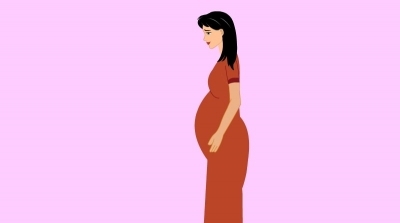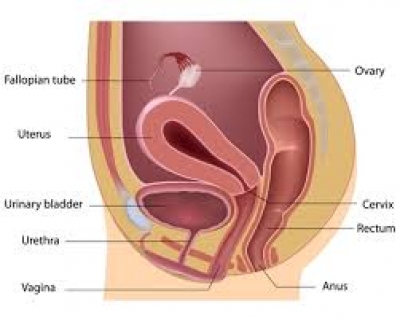Eating for two and gaining above adequate weight during pregnancy can have unfavourable effects on their baby. 905 mother-baby pairs were analyzed in Hong Kong, showed that too much weight gain could risk your child with an increased risk of insulin resistance and high blood pressure.
The baby can also gain significant weight during pregnancy and this, in turn, could have problems to the baby and also for the mother during delivery. Gaining excess weight during pregnancy could put the mother at risk for high blood pressure and Diabetes. Gaining lesser weight than the recommended weight can also have unfavourable effects.
So what is the recommended weight gain for the mother during pregnancy?
Well! The average weight gain from pre-pregnancy to delivery was 15 kg for the women involved in the study. The study found, 41 per cent of the women gained weight above normal weight gain and 17 per cent below. The former group seemed to be young and have a higher BMI. In the meanwhile, 42 per cent of the women were within the recommended range.
Lead researcher Professor Wing Hung Tam said that it is crucial to them to know about the implications of pregnancy weight gain and to dismiss the “eating for two” theory. He further added that 'eating for two' could be harmful.
“A pregnancy typically requires an extra 300 kilocalories per day. What a pregnant mother needs is a balanced diet meeting such requirements with adequate micronutrients.” Apart from a balanced diet pregnant women should also have moderate physical activity in order to avoid putting on excessive weight.
Apart from risks on the child by excess pregnancy weight gain, Hung Tam concluded that it also threatens a series of health risks in the mother such as gestational diabetes mellitus - a condition where the mother has higher than normal glucose levels.
"These findings have important implications for both prevention and treatment," the study's authors signed off. "There is a need for greater awareness and monitoring of weight gain during pregnancy.”






